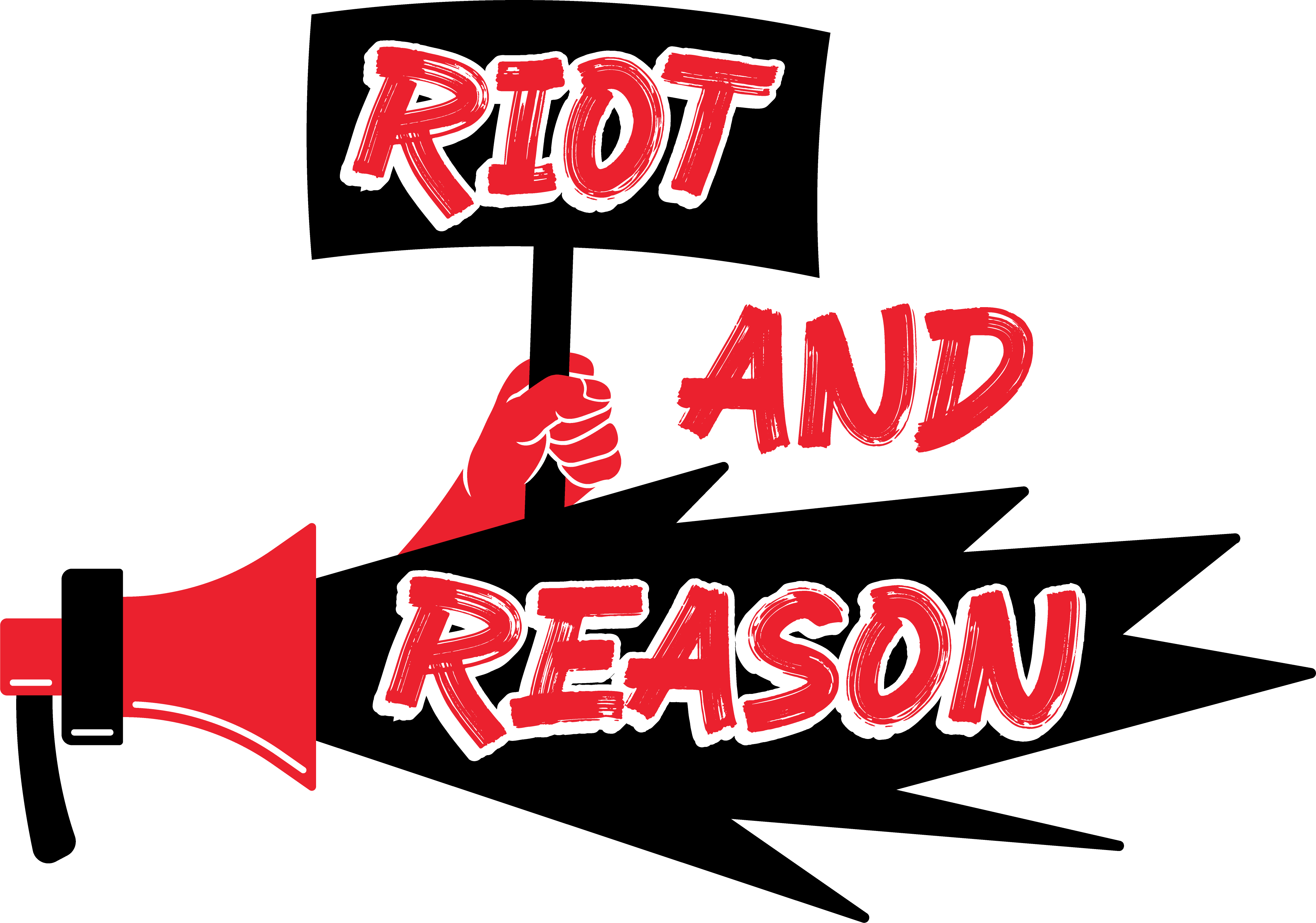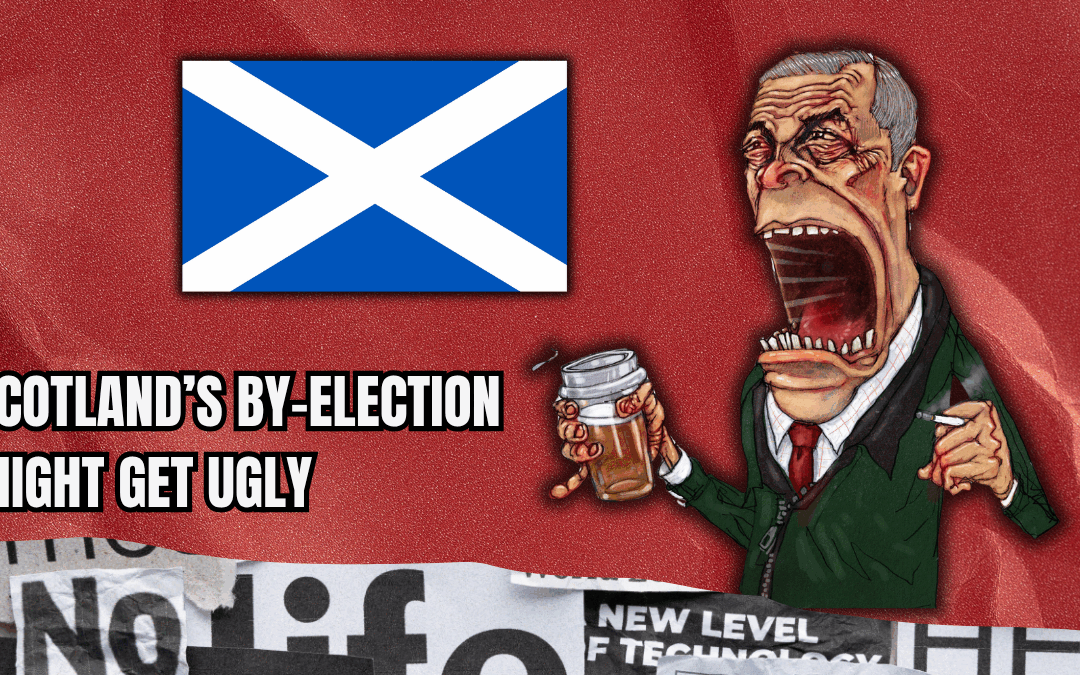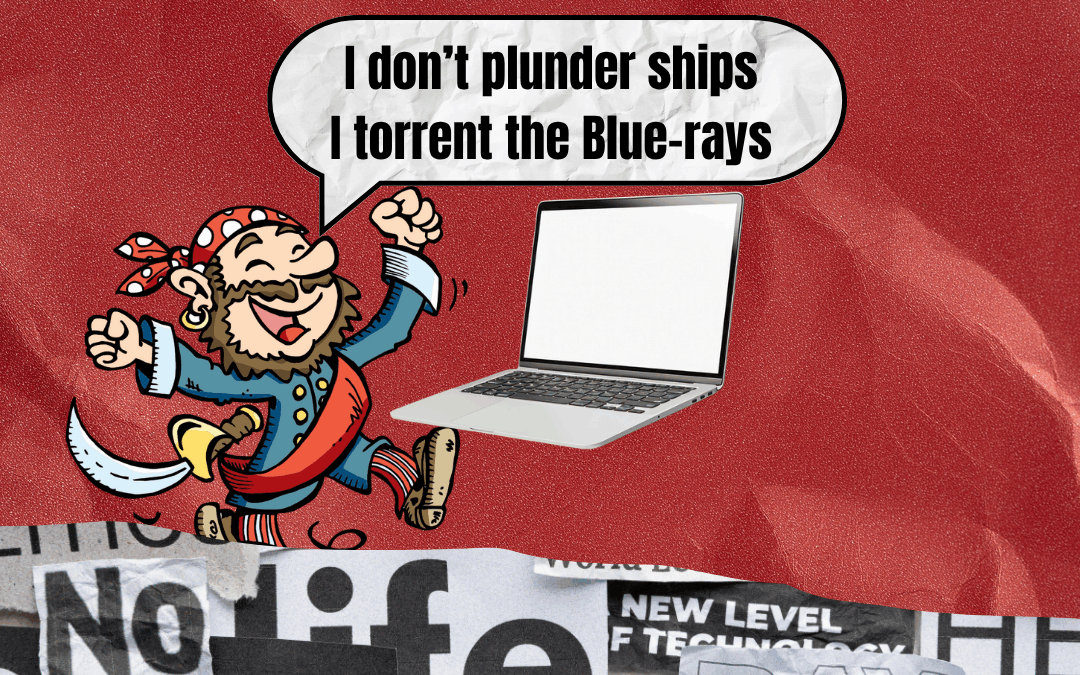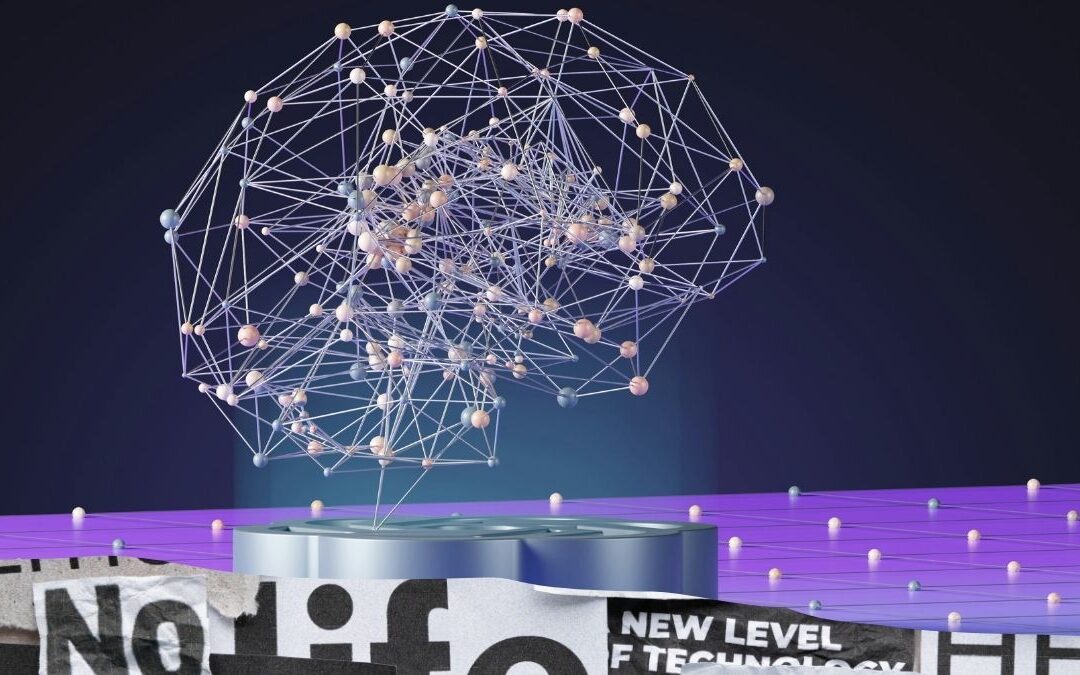
One minute your Dad’s a normal bloke complaining about the price of a Freddo, then there’s some off-hand comments about ‘woke culture ruining everything’, and then, before you know it, he’s glued to GB news, spewing conspiracy theories about climate change and sharing clips of Farage in the family group chat. The UK seems to be hurtling down the same path as the US, sinking into media-driven paranoia that’s tearing families apart. Is your Dad being radicalised?
GB news launched in 2021, branding itself as an antidote to ‘woke’ mainstream media. In reality, it’s become a breeding ground for misinformation, anti-immigration discourse and climate change denial. Its hosts include reform party leader Nigel Farage and former Tory MP Jacob Rees-Mogg.
For Louise, a British-born journalist now living in Australia, her Dad’s political shift wasn’t overnight.

“He’s always been politically engaged. We’d watch Question Time together with a bottle of red and debate politics. When he voted Brexit, I didn’t agree, but I could understand as I knew he always did in-depth research.”
Then, something changed.
“I had a phone call with him, and rather than asking anything about my life, I got a 45-minute tirade of political opinions. It was a monologue – and it’s only since I’ve been back to the UK and watched a bit of GB news, because it’s constantly on in my parents’ house, that I noticed this monologue was almost identical to Neil Oliver’s.”
Neil Oliver is a TV historian turned right-wing culture warrior, rallying against ‘wokeism’ while pushing conspiracy-filled nostalgia for a Britain that never existed. Once known for BBC history docs with peaceful coastlines and soft-spoken storytelling, he’s now a GB News figurehead preaching doom about lockdowns, climate policies and the so-called erosion of free speech. Whether he’s a truth teller or not depends on who you ask – but one thing is certain: he’s not the cuddly academic he once seemed.
From then on, every conversation Louise had with her dad followed the same pattern; he had done a ‘180’ on all his existing views and abandoned mainstream news for what he believed was the “trustworthy alternative”.
“He was very pro-vaccine during COVID, now he’s completely anti-vax. He’s also engaging with a lot of YouTube content related to this – right-wing conspiracy.”
But the gut punch for Louise was when he dismissed climate change, despite her sister being a scientist who studied the paleoclimate. She could handle the monologues and scepticism, but hearing her dad deny everything her sister had dedicated her life to stung in a way nothing else did.
“I was in the path of one of the worst tropical cyclones in 50 years at this latitude; half of LA is burning down, and London hits 37 degrees in the summer. How can you deny it?”
“When I go home to visit England, you’d think that’s precious time, but they can’t tear themselves away from Farage, Jacob Rees Mogg or Neil Oliver. I’m fortunate they visit me, but my Dad spent most of the time watching YouTube on their last visit. The more you get into this fear cycle, the more the brain wants, so when he can’t watch GB news in Australia he watches Youtube.”
Ryan from Glasgow’s family, at least, is clinging on to some level of debate.
“When it was first announced, it had these very established journalists with long careers, so it felt like you could trust the presenters.”
Initially, his family was sceptical of the channel. The dodgy VT packages, the botched live segments, the amateurish lighting – it was easy to see the cracks.
But now?
“These days, it’s less questioned because it’s been ‘established’ as a broadcaster. It’s gained more credibility in the eyes of my family despite its clear bias.
“It’s made them willing to accept things without much analysis. With GB News, there isn’t homogeneity across news sources anymore. It provides the ‘critical analysis’ of other outlets, so they feel they don’t need to question things because GB News already offers this alternative viewpoint.”
In Scotland, Reform’s popularity is beginning to surge.
While some families spiral into full-blown conspiracy rabbit holes, Ryan has managed to hold onto something Louise has lost entirely: the ability to switch off.
“It’s changed what we can talk about but as long as we avoid those sore topics, we can put things to one side and focus on other day-to-day things.”
Not all families have that option. For some, the influence of channels like GB News has made it nearly impossible to separate media narratives from everyday life.

Julian Petley, a media academic and journalist known for his work on press freedom, media ethics, and censorship, argues this is by design.
“If you look at LBC, it has some presenters who come from a right-wing position and some from a left-ish position, and the way they achieve balance is not so much within the programme but between the programmes.”
“Then you have programmes like GB news, which are wildly skewed to the right. The question is, how on earth can this happen under our broadcasting regulations, in particular the Ofcom code?”
“We’re hearing an awful lot via Elon Musk and Mark Zuckerberg that it’s being done in the name of freedom of expression, and we mustn’t have any kind of censorship, but people like Musk are only too happy to censor people they don’t agree with.
They want freedom for their own views and unfreedom for other people’s views.”
For context, Ofcom says politicians can’t present the news, but can present current affairs programmes so long as due impartiality is preserved. GB News calls itself a current affairs programme. Maybe they should consider changing their name to GB Current Affairs…
The channel isn’t the underdog it pretends to be. It’s backed by some of the richest people in the country. It’s jointly owned by hedge fund manager Sir Paul Marshall, whom Petley described as ‘one of the most sinister figures in Britain, ‘ and Legatum, a Dubai-based right-wing think tank.
And its audience is growing. According to Barb, the TV rating agency, in November 2024, it surpassed Sky News in Live TV ratings. GB News had an average of 70,430 viewers compared to Sky’s 67,670.
Petley argues channels like GB News don’t create radicalisation from scratch; they feed on existing frustrations.
“To use that rather grim expression, it appeals to ‘the left behind’ – people who feel things have passed them by and they’ve been taken advantage of. It appeals to people who, not without reason, feel p*ssed off by things, but unfortunately, they’ve got the wrong targets.”
Researchers from the Reuters Institute at the University of Oxford support this idea. Dr Craig Robertson argues that simple explanations for complex issues can have a dangerous appeal.
“If your life is difficult and you’re not making ends meet, and you get told by a politician that all your problems are caused by immigrants – it’s a very easy narrative to grab on to.”
However, he pushes back against the idea that echo chambers are all-consuming.
“These problems aren’t as widespread as people think they are. These people just tend to get disproportionate attention because they tend to be the loudest with their views.”
Karen Douglas, a professor of Social Psychology at the University of Kent, explains who is likely to fall victim to conspiracy theories.
“People are attracted to conspiracy theories when key psychological needs are frustrated. These include epistemic needs – the desire for certainty and truth; existential needs, which relate to safety and control; and social needs, tied to self-esteem and group belonging.
“Conspiracy theories can affect people’s intentions and behaviours. Historically, they’ve been linked with prejudice, genocide, risky health behaviour, climate denial, and, more recently, some disturbing behaviour related to QAnon and COVID-19 conspiracy theories.
They can turn people to more extreme political views and anti-science attitudes.”
Professor Douglas warns confronting people who’ve fallen victim to this sort of media with hostility will only deepen their sense of alienation.
“It’s important to keep calm and listen,” she advises. “Instead of ridiculing their views, encourage them to critically examine their sources.”
Louise knows she won’t change her dad’s mind overnight. “I view him as a victim. We’re all victims to companies hacking our dopamine cycles.” She refuses to give up on him, determined to keep questioning, keep pushing, and, most importantly, keep approaching him with compassion.
The same people angry at the ‘mainstream media’ have swapped one echo chamber for another – only this time, it’s one that feeds paranoia and resentment. GB News isn’t an underdog fighting for the truth; it’s a cash machine for right-wing investors who know exactly how to package fear and sell it as common sense.
But if one thing’s clear – shouting at your Dad over the dinner table isn’t going to snap him out of it. The grip of media-driven paranoia isn’t just about politics – it’s about identity, belonging and the need to feel heard in a world that’s moving too fast.
We need more than just outrage. We need critical media literacy to help spot bias. We need regulators like Ofcom to actually do their job. And on a personal level, we need patience and better strategies to talk to ‘radicalised’ loved ones without just shouting, “Turn that sh*t off!”
Because if we don’t, your dad might be next.






